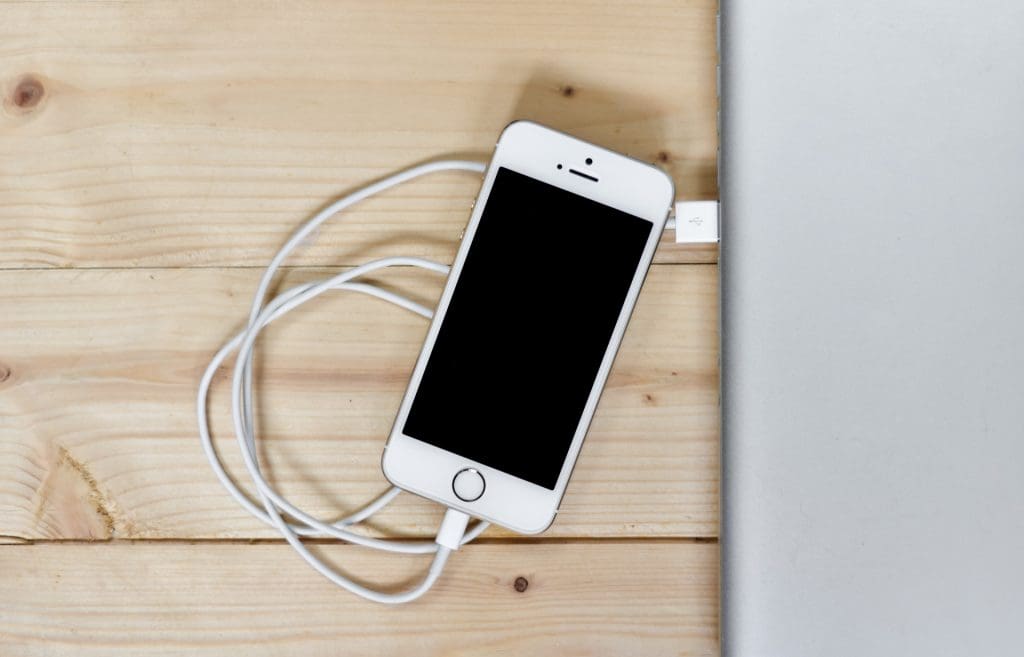
In the era of technology, nobody escapes judgment and nothing you do is private. This includes our actions undertaken at home as well. With the purchase of every smartphone or camera device, you and your loved ones are documenting each other’s every movement, and evidence such as this is beginning to show its usefulness in Court.
If you are in the process of filing for divorce or in the midst of a property settlement dispute and your partner is being less than agreeable, what evidence are you able to use if the only solution is taking the matter to court?
It has been estimated that over 30% of family law litigation cases are submitting recordings that have often been recorded without the knowledge of the other part, as evidence to support their case.
Is the use of this evidence legal?
Ordinarily no, in NSW this evidence is not legal as Section 11 of the Surveillance Devices Act 2007 prohibits a person from recording the private conversation of another without their consent.
However, as a result of home-recorded audio and video material becoming ‘the norm’, the Family Court of Australia has allowed evidence of this kind to be used under certain circumstances. This includes how valuable the information might be.
While this may bring hope to some, people trying to document the wrongdoings of the other party should also be warned, home recordings have the potential to leave the person who made it in a less than favourable position.
Federal Magistrate John Coker said that he has seen cases where the recording held little value and it reflected poorly on the individual who made the recording. As a result, a Judge has the power to refuse to see footage because home-recorded material has the potential to add conflict.
Where does that leave us?
The take home message from using home-recorded audio and film materials is to take precautions. Only use such material if it will add probative value to your arguments. An example of this was evidenced in the 2014 family violence case of Gorman & Huffman, in which the presiding Judge allowed illegally recorded materials to be admissible. The hardship of proving family violence behind closed doors was the primary factor of allowing this evidence.
If you believe that you have home-recorded materials and are unsure about whether it can be relied upon as evidence, or have any questions on evidence in Court, please call us on 02 8917 8700.
